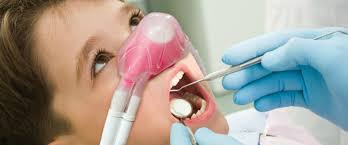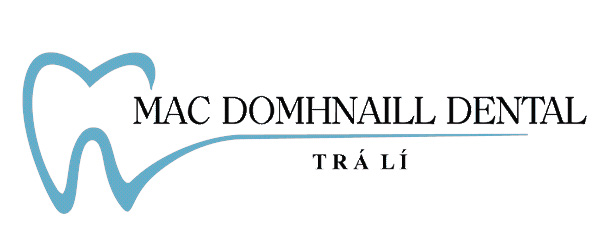Intravenous Conscious Sedation
What is sedation?
Sedation is a state of drug induced deep calm relaxation to help you through your dental procedure.
What drugs are used?
The drugs most commonly used are benzodiazepines which are chemically related to Diazepam (Valium®). Midazolam (Hypnovel®) is most often used.
By what route are these drugs administered?
By a cannula (small needle) through a vein in your hand or arm.
What are the advantages of an injection?
Sedation, usually administered into a vein in the back of the hand, is the most predictable method. It acts quickly, its duration is short and it is controllable.
Why is sedation used?
Sedation enables nervous patients to tolerate routine dental treatment. It is helpful to people with gag reflexes, dental anxiety, a past history of difficult dental procedures, very sensitive teeth, complex dental problems and those with unpleasant childhood memories of dentistry.
Will I be asleep?
No. It is an intrinsic part of the technique that you do not lose consciousness and remain in verbal communication with the dentist throughout. You may fall asleep but will always be able to respond when spoken to.
Will I feel pain?
No. It is an integral part of the technique that local anaesthetic is used to prevent pain.
Is it safe?
It is very safe. Midazolam is a safe drug and the technique used preserves your reflexes throughout the procedure and carries a wide safety margin. You will be monitored throughout your treatment and recovery period.
What are the advantages of sedation to me?
It makes dental and other procedures more pleasant. It is safe. You will be relaxed, calm, and “removed from” the procedure. You may forget part of the procedure and this will seem to shorten the time it takes.
If you have any queries, please contact the dental practice on 066-7121457 / 087-1319792.
Download pre-operative instructions here.
[/chapter]
Inhalation Sedation

What is Inhalation Sedation?
- Inhalation sedation is a simple alternative to general anaesthetic and uses Nitrous oxide and oxygen to relax patients.
- It involves using a gas (nitrous oxide) which is breathed in using a nose mask.
- You may get a feeling of warmth throughout your body as well as some mild tingling and light headedness.
- It makes you feel drowsy and relaxed whilst the procedure is carried out.
- You will be awake and will still be able to communicate verbally with us.
- This is not a general anaesthetic, you are not unconscious.
Is inhalation safe for children?
- Yes, inhalation is safe for children.
- Your child will be awake and conscious throughout the procedure and will be able to talk.
What are the benefits?
- Inhalational sedation avoids the use of a general anaesthetic and the risks associated with it.
- It alleviates anxiety and stress associated with dentistry.
- It enables the clinician to undertake the procedure with greater ease and safety.
What are the risks?
- These are minimal with inhalation sedation.
- If you become too drowsy, you will be given oxygen which will rapidly reverse the effects.
What do I need to do before my appointment?
- If you have a cough, or cold or other illness, please contact the clinic before the appointment, as it may be necessary to postpone treatment.
- If you think you may be pregnant, you need to let the clinician know.
What should I do on the day of my appointment?
- You may have a light meal before the appointment for treatment.
- Take regular medication as normal.
- An escort may be required
How quickly does it work?
- Inhalation sedation takes a few minutes to become effective and a few minutes to recover from at the end of the procedure.
- Inhalation sedation is a safe and recommended form of sedation for children.
If you have any queries, please contact the dental practice on 066-7121457
